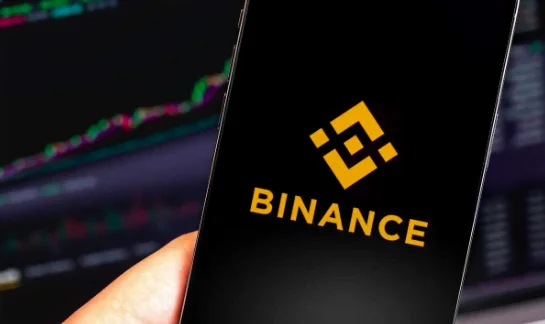Binance, the biggest cryptocurrency exchange in the world, cited seven instances of Fear, Uncertainty, and Doubt (FUD) in a recent blog post written in Chinese.

Binance issued a blog post in Chinese on December 22 that clarified seven important points. There was no English-language version accessible at the time this article was written.
The temporary halt to USDC withdrawals earlier this month was the first of them. The exchange consolidated its stablecoin holdings into BUSD, it said and did this during a “token swap” conversion period.
The availability of adequate reserves for withdrawals was the second issue it addressed. It affirmed that “all users’ assets in Binance are supported 1:1” and that the company’s financial situation was sound since it earns a sizable profit from transaction fees. CryptoQuant examined Binance’s reserves on December 16 and found no evidence of “FTX-like” activity.
“Binance will not embezzle users’ funds for any transactions or investments, nor does it have any debts, nor is it on the list of creditors of any company that has recently gone bankrupt.”
It was said that encrypted on-chain verification was a new area that these corporations may not be able to carry out in regards to Mazars and the “Big Four” auditing agencies refusing to engage with crypto companies.
It was noticed that these audits often focus on the listed company’s financial status rather than confirming reserve assets.
The audit reports for Binance have now been taken off Mazars’ website. Binance said that as it was a private firm rather than a publicly traded one, it was exempt from disclosure requirements.
“In many jurisdictions where we operate, we have shared or are sharing operational and financial information as required by local regulators.”
According to Binance, the firm has been the focus of sensational reporting from the mainstream media for quite some time in response to a Reuters article asserting that the U.S. Department of Justice was looking into the business. In addition, it said that it spent the most money battling cryptocurrency crime and had the most compliance licenses globally.
Finally, the blog post restated CEO Changpeng Zhao’s remarks that FTX, not Binance, was responsible for its own demise. Other exchanges are not seen as rivals by Binance, the company said, adding that “we are more focused on constantly promoting and extending industry usage.”
There you have it, then. Although the FUD has been debunked, investors have been leaving the exchange in recent weeks as they shifted to the self-custody of their cryptocurrency holdings.
